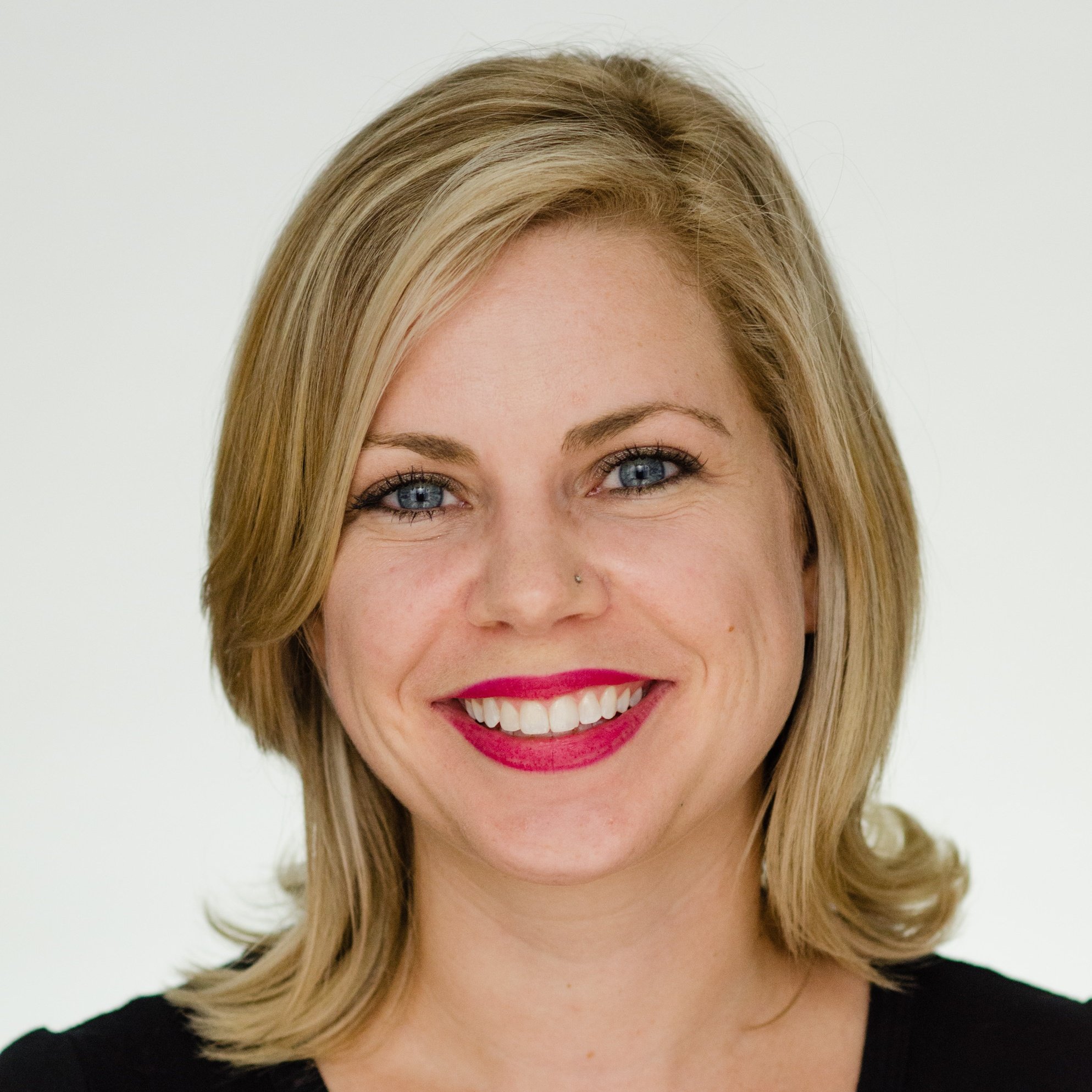.jpg?width=596&name=Mockup-02%20(3).jpg)
Cultivating a Growth-Mindset Culture Throughout Your School or District
How mindsets can have a big impact on organizations
Oftentimes when we discuss Carol Dweck’s groundbreaking research on growth mindset, we talk about it in terms of students and the type of feedback we give them. Far less talked about is the impact a growth mindset can have on entire organizations.
Recognizing the role fixed and growth mindsets can play in companies and business, Dweck and her colleagues, Mary Murphy, Jennifer Chatman, and Laura Kray, partnered with the consulting firm Senn Delaney to study how mindsets shape organizations. Their 2015 study, “Why Fostering a Growth Mindset in Organizations Matters,” highlighted the “correlation between a growth mindset and positive behaviors in organizations.”
They found that employees at organizations with a culture of development mindset reported having higher levels of trust, ownership, and commitment, and believed that their organization fostered more innovation, collaboration, and risk-taking.
Given the challenges facing our education system today, these characteristics are needed inside our districts and schools more than ever. For instructional leaders looking to cultivate a culture that celebrates a growth mindset among staff and students alike, here are our top takeaways from Dweck’s research and writings on organizational mindsets.
Recognize that a “Pure” Growth Mindset Doesn’t Exist
As Dweck points out in the Harvard Business Review, “everyone is actually a mixture of fixed and growth mindsets, and that mixture continually evolves with experience. A ‘pure’ growth mindset doesn’t exist, which we have to acknowledge in order to attain the benefits we seek.” Operating with this fact in mind makes it easier to acknowledge where we need to grow and evolve.
Encourage Your Team to Admit Failure
Defensiveness, Dweck says, is a fixed-mindset trigger. Companies that value perfection over the learning process are promoting a fixed-mindset culture. By admitting failure, we open up opportunities for growth, collaboration, and information sharing. Let your team know it’s okay to fail by admitting your own failures to your colleagues and discussing what you learned from these failures.
Look Beyond the Rockstars
It’s one thing to empower teacher leaders; it’s another to only highlight the work accomplished by “rockstar” staff. This is what Dweck’s team and Senn Delaney call a “culture of genius.” Leaders looking to cultivate a growth development culture look for undeveloped talent in everyone. One way Microsoft looked to cultivate a growth-mindset culture was by creating more opportunities for team members to become leaders.
For example, by explicitly rewarding risk-taking, people were encouraged to participate in projects they might otherwise avoid. As Dweck and Microsoft’s Chief People Officer, Kathleen Hogan, outline, “people who had a clear sense of purpose and an appetite for risk emerged as incredible leaders. In fact, many of the leaders who joined the team progressed more quickly than average to senior-level roles. Microsoft is now working on the next step: ensuring that smart risks are encouraged and rewarded whether they succeed or not, as long as they yield insights that propel the business forward.”

Elizabeth Riley Boyer is an experienced journalist, digital content strategist, and operations manager. Prior to joining ThinkCERCA, she was part of the founding team at Impact Engine, Chicago’s first social impact investment fund and accelerator. As Impact Engine’s Director of Operations & Communications, Elizabeth oversaw the company’s overall processes, day-to-day planning and finances, curriculum development, marketing strategy, and community outreach.
Elizabeth also spent three years at Chicago magazine, most recently as its Digital Engagement Editor, where she managed the organization’s social media and reader engagement initiatives. Elizabeth also works as a freelance content strategist, writer, and communications consultant. Her recent writings on impact entrepreneurship have been featured by the Huffington Post and Crain’s Chicago Business.
In 2007, Elizabeth helped open a private school for underprivileged children while volunteering for a nonprofit organization in the Dominican Republic. This experience inspired her to quit a paper-pushing job at an insurance brokerage firm to pursue a master’s degree in journalism from Northwestern University. Elizabeth also holds a bachelor’s degree in American studies from the University of Texas at Austin.
